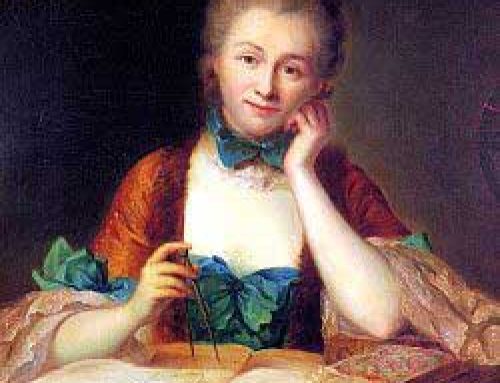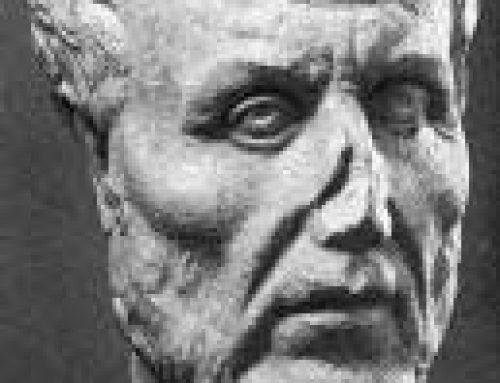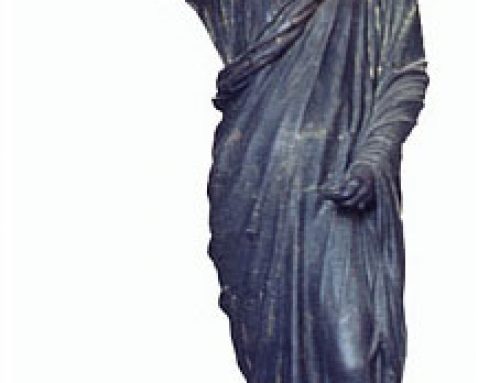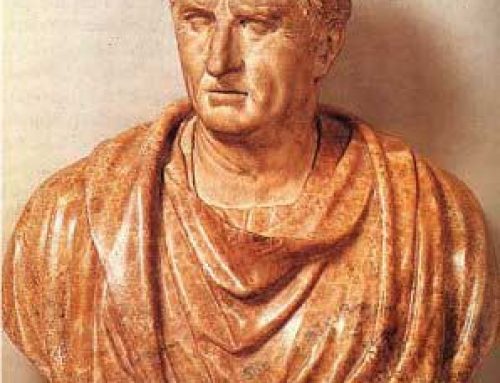
John Locke
Who was John Locke?
John Locke was an English philosopher in the late 1600s AD. He was just starting his career at the height of the Enlightenment, when Hobbes was an old man.
Who was Hobbes?
European philosophy
All our modern Europe articles
Locke’s backstory
Locke’s mother and father were both Puritans; his mother ran the household while his father worked as a lawyer. Because he was a man, Locke was able to go to college at Oxford, though he didn’t like it much. He studied medicine and became a respected doctor. Though he had a romantic partner, the philosopher Damaris Masham, Locke never got married or had any kids.
Who were Puritans?
Damaris Masham’s philosophy
Limits on the monarchy?
Locke became the doctor for a powerful rich politician, and so he got involved with English politics. In the late 1600s, the most important political question in England was how to keep having kings and queens, but set limits on their power. Like Hobbes, Locke thought people needed “social contracts” and governments to stop wars.
More about monarchy
Do people have natural rights?
But Locke didn’t believe in absolute rulers. He thought people had natural rights that the government shouldn’t take away from them. Having lived through the Thirty Years’ War, in which millions of people in Europe died for their religion, Locke followed Roger Williams and Milton in arguing that people had a right to worship God however they pleased.
The Thirty Years’ War
Should people overthrow governments?
Locke also thought people had a right to life, and to be free, to be healthy, and to keep their own property (as long as it wasn’t too much or too unequal). And Locke wrote that if the government interfered with these natural rights, people had a right – even a duty – to revolt and overthrow that government.
Locke, slavery, and sexism
Even though Locke was all about freedom for English men, he didn’t see any problem with forcing African men to work as slaves in the tobacco fields of the Carolinas. He didn’t care that the money that supported his work as a philosopher came from their hard work. Even though Locke worked with Masham, he didn’t think the question of where women fit into society was important enough to worry about, either.
Go on to Hume
Restoration England
Bibliography and further reading about Locke:




